Triple killer visited MI5 headquarters and begged ‘please arrest me’ two years before killing spree
Valdo Calocane was suffering from paranoid schizophrenia when he ‘brutally’ stabbed Barnaby Webber, Grace O’Malley-Kumar and Ian Coates
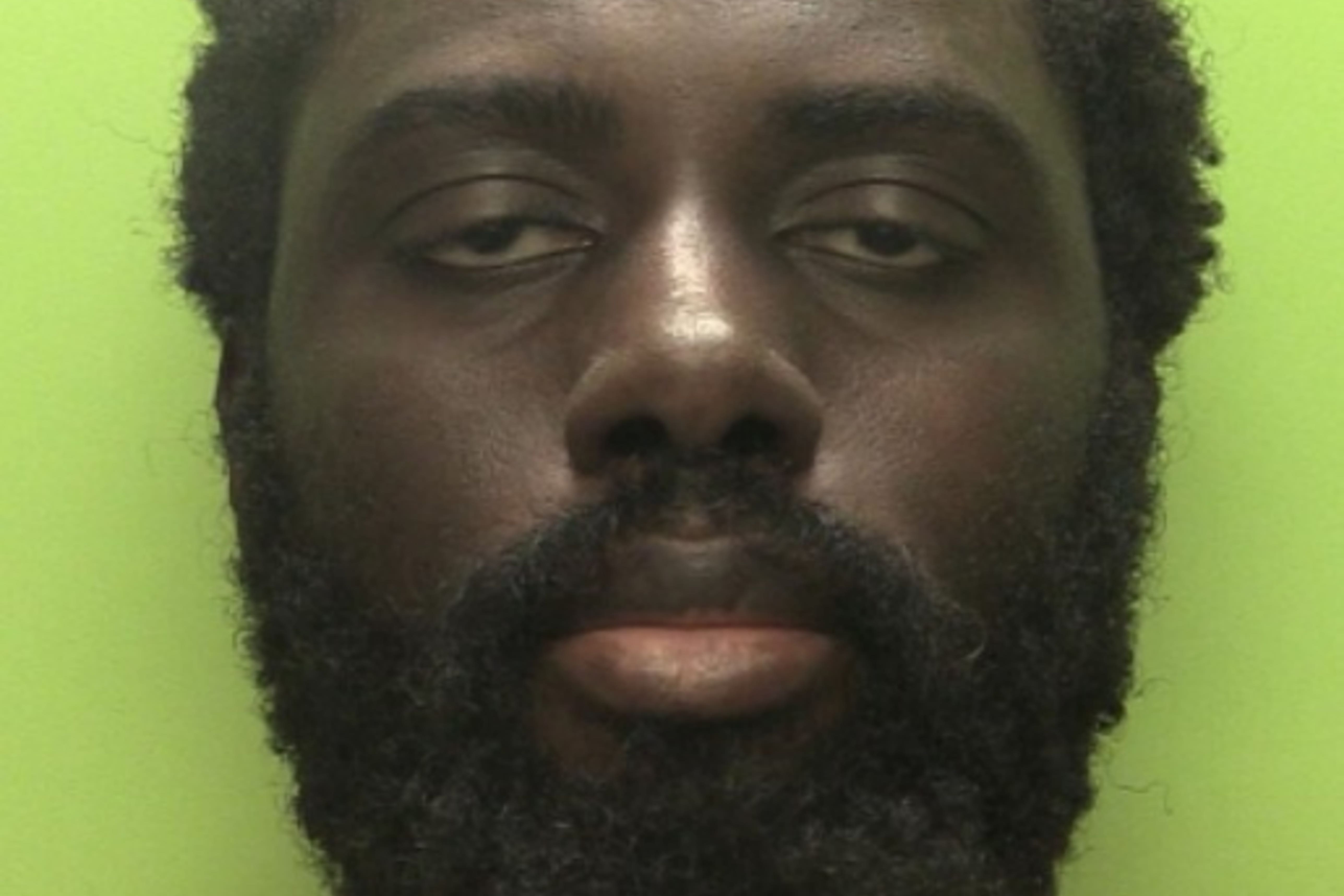
A triple killer travelled to MI5’s London HQ and was caught on camera begging “please arrest me”, two years before knifing to death three people in Nottingham last year.
Valdo Calocane, 32, was suffering from paranoid schizophrenia when he “brutally” stabbed students Barnaby Webber and Grace O’Malley-Kumar, both 19, and school caretaker Ian Coates, 65, in Nottingham in the early hours of 13 June.
Psychiatrists told Nottingham Crown Court that Calocane had a history of mental health issues, had heard voices telling him to kill people, and believed he was being controlled by radio and sonic control.
The former mechanical engineering graduate, who attended the same university as two of his victims, has admitted three counts of manslaughter on the basis of diminished responsibility.
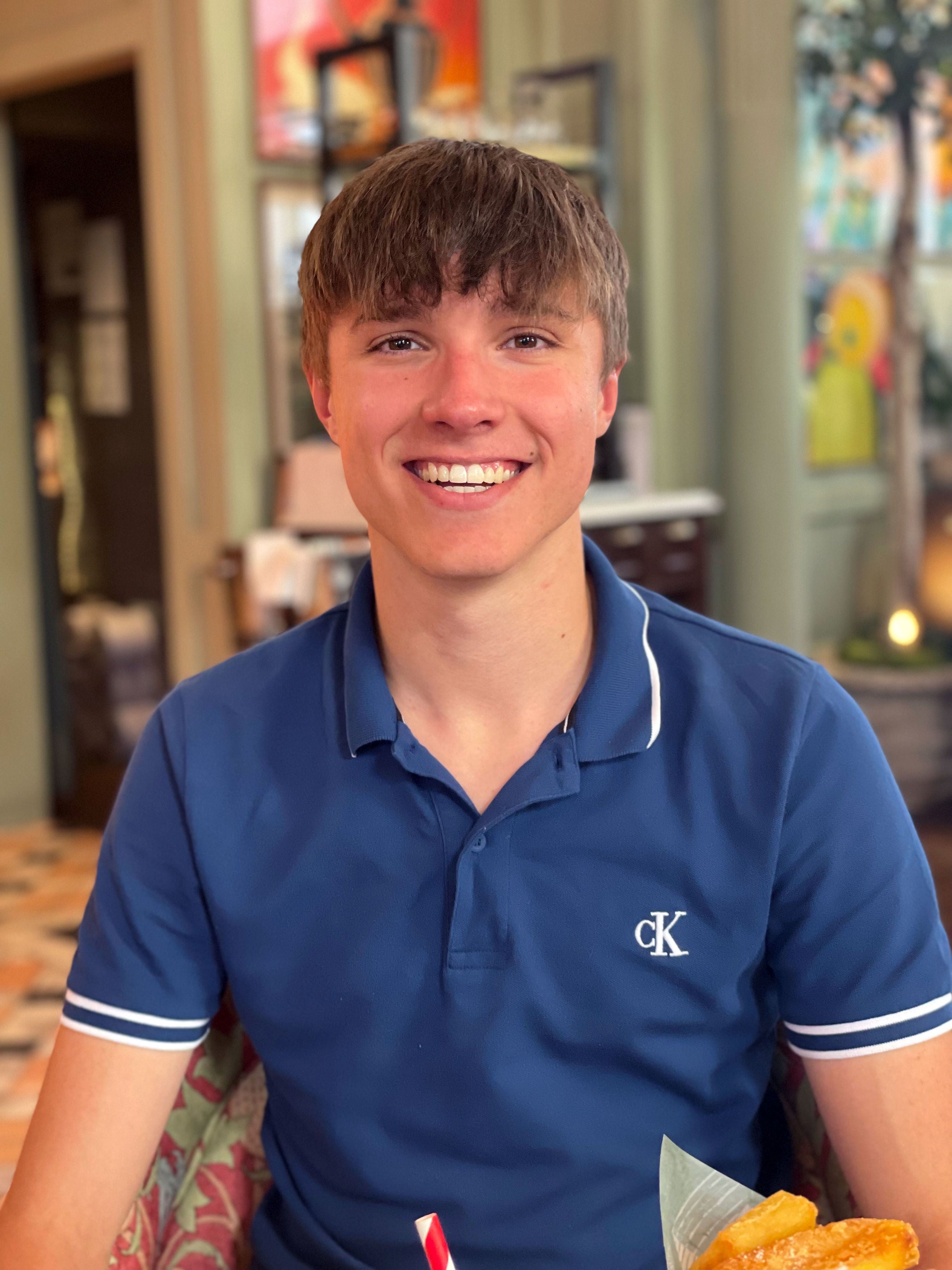
He has also pleaded guilty to three charges of attempted murder, after hitting three pedestrians with a van he stole from Mr Coates.
Calocane’s barrister told the court the defendant once visited MI5’s London headquarters, asking them to stop “controlling him”.
Peter Joyce KC said: “He tried to surrender to MI5 at their headquarters to try and stop them controlling him.
“That’s not a concoction by him. There is a photograph taken by their systems at Thames House, saying ‘please arrest me’ – effectively ‘stop controlling me’.”
Mr Joyce said the incident happened on 31 May 2021, about two years before the “desperate episode” in which he killed three people.
Dr Leo McSweeney, a consultant psychiatrist, said the defendant “felt pressure” to kill people otherwise something “atrocious” would happen to his family.

Describing their first meeting in November, he said: “He explained he had experienced pressure, voice and persecutory beliefs.
“He gave some explanation for what happened, said this pressure had reached a certain point and if he did not act in a certain way, something atrocious would happen to his family.
“He appreciated his actions would mean he would likely end up in prison, recognising they were wrong.
“He certainly implied he felt impelled to cause vast amounts of harm.”
Dr Nigel Blackwood, professor of forensic psychiatry at King’s College London, told the court Calocane has shown a “profound lack of awareness” of his serious mental health condition, which he will have “until his dying day”.
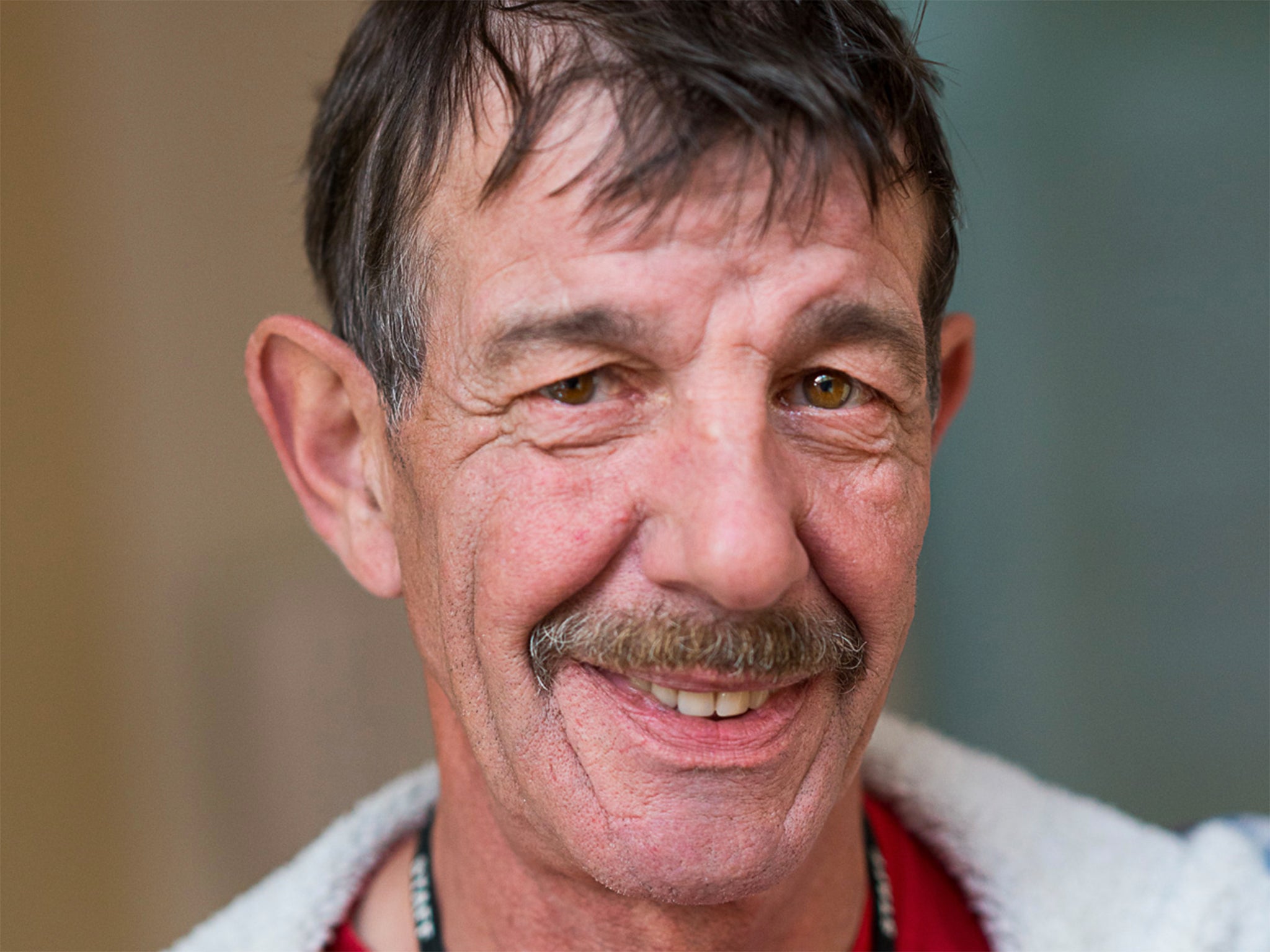
Calocane’s brother said that his sibling had been a studious pupil as a teenager and obtained a graduate degree. But, he told investigators, Calocane’s mental health had worsened since the Covid-19 lockdown.
He had been detained in hospital four times under mental health laws and was arrested in September 2021 for assaulting a police officer, and believed he was being spied on by his housemates.
Throughout his engagement with mental health services, he was prescribed anti-psychotic medication but often refused to take it. “The theme of [Calocane] being prescribed medication but declining to take it is a constantly recurring one,” prosecutor Karim Khalil KC said.
Asked if Calocane is “so ill … he will never be well enough to be released”, Dr Blackwood said: “I think it overwhelmingly likely that he will spend very many years of his life in secure psychiatric care.”
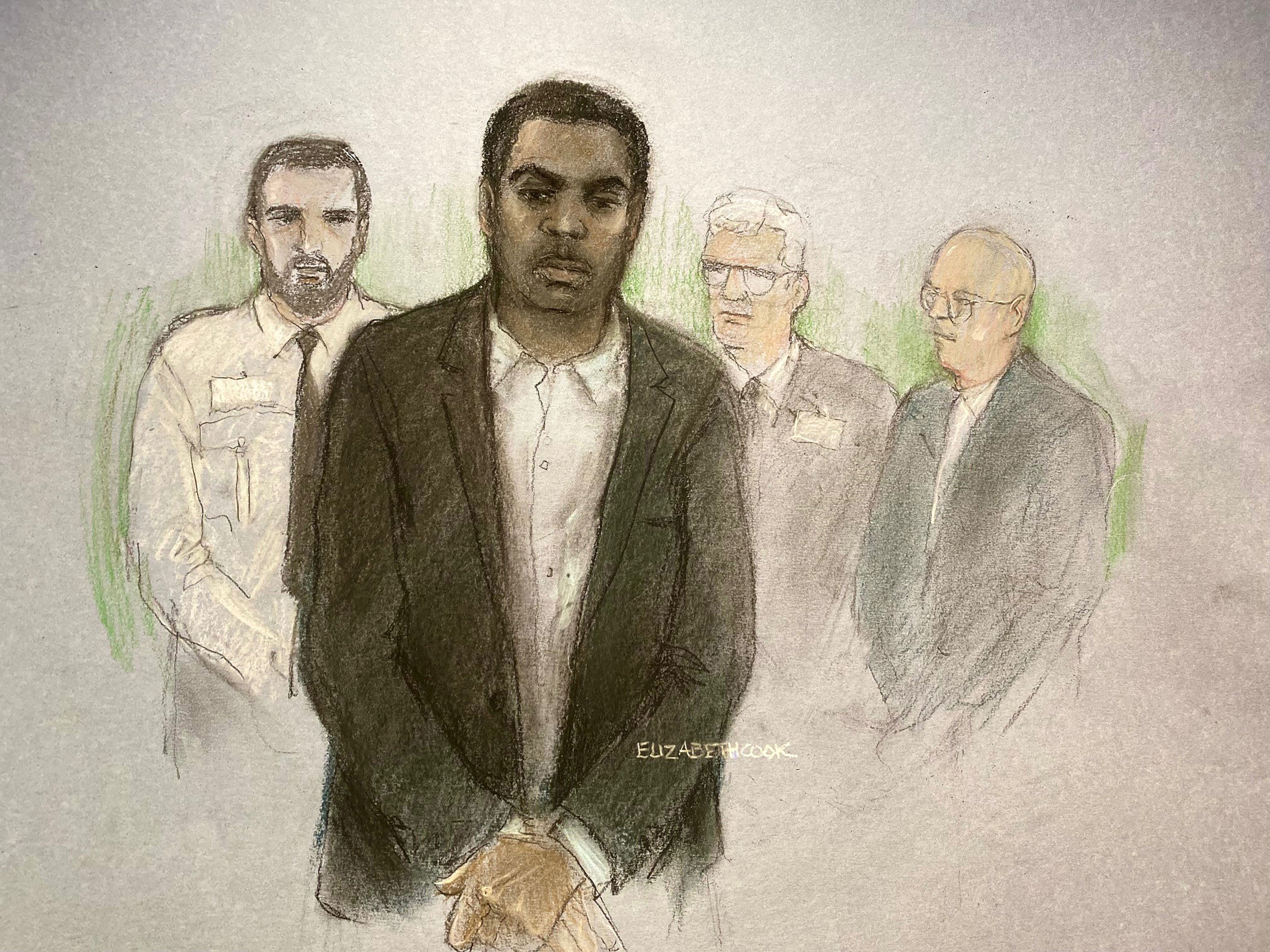
Dr Ross Mirvis, a consultant psychiatrist at Ashworth high security hospital on Merseyside, where Calocane is a patient, agreed with Dr Blackwood and Dr McSweeney that Calocane would not have killed on June 13 if he were not suffering from paranoid schizophrenia.
Dr Blackwood said Calocane was in the “grip of a severe psychotic episode”, saying: “As a result, he has lost sight of others’ humanity and their right to life – he is entirely driven by the psychotic process at the time. The assaults would not have occurred in the absence of his psychosis.”
Mr Khalil said Calocane “knew what he was about to do” as he prepared to attack Mr Webber and Ms O’Malley-Kumar from behind as they walked to their student accommodation after a night out. Mr Khalil said: “He hid, as we know, in the shadows.
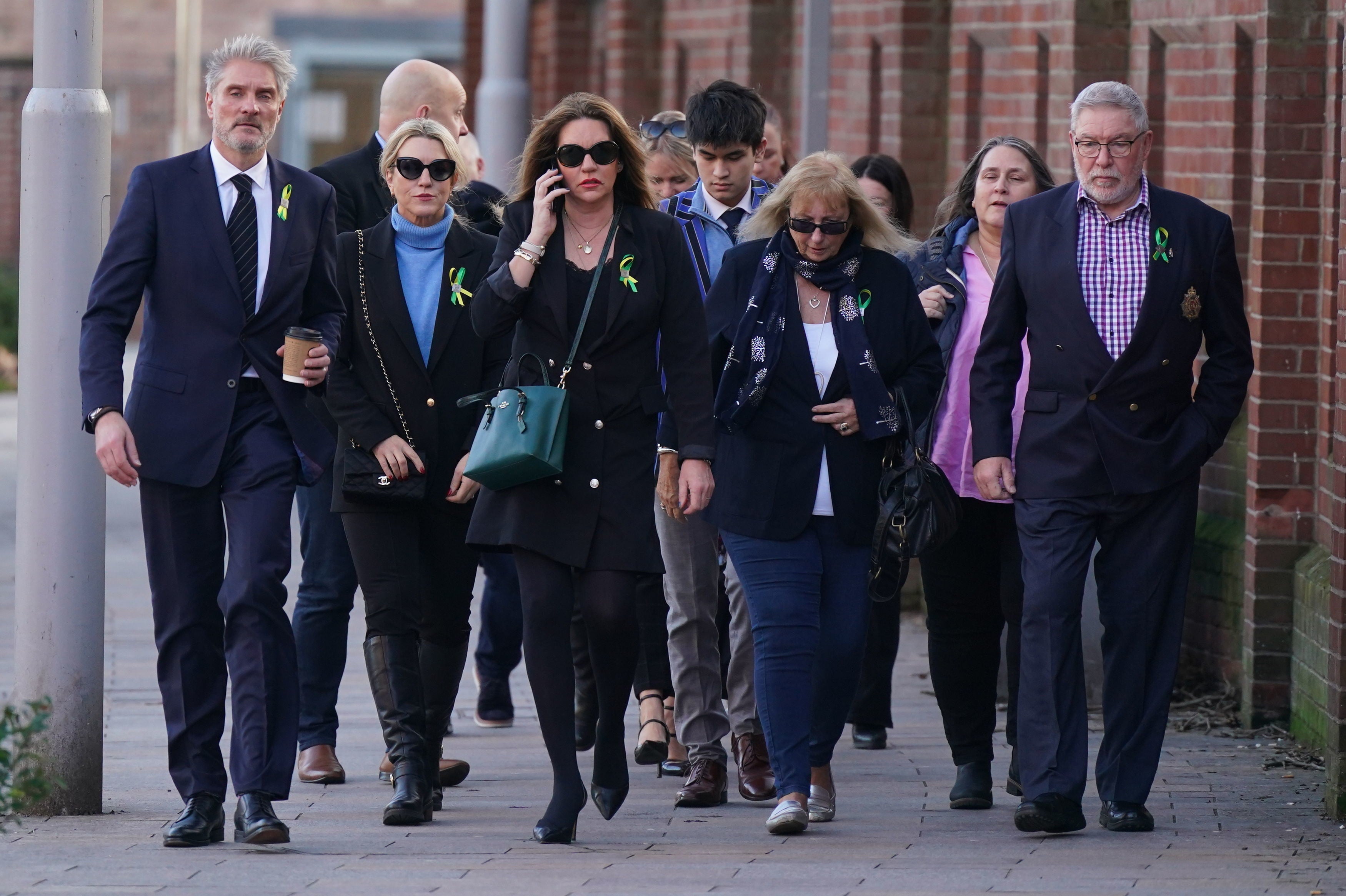
“What he did was wait in the shadows until the two students walked past and he followed them from behind. He attacked them from behind when they were at their most vulnerable. He plainly knew what he was about to do.”
Before stabbing Mr Coates, Mr Khalil said, Calocane lured him “from his vehicle. It is plain he conducted himself in a purposeful way.” The Crown’s barrister added: “It is clear that his dangerousness is heightened by virtue of his ability to diminish or conceal that which he is actually doing.”
Judge Mr Justice Turner, who will sentence Calocane, has a “stark choice” of imposing a “hybrid” life sentence with a hospital direction or a hospital order under the Mental Health Act, Mr Khalil said. All three psychiatrists have suggested a hospital order would be the correct course of action. The hearing continues.
